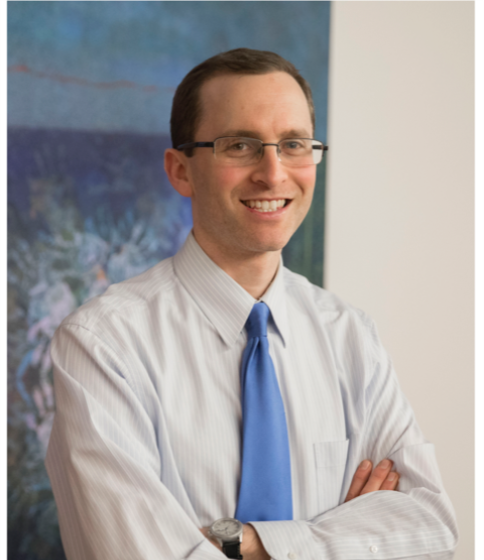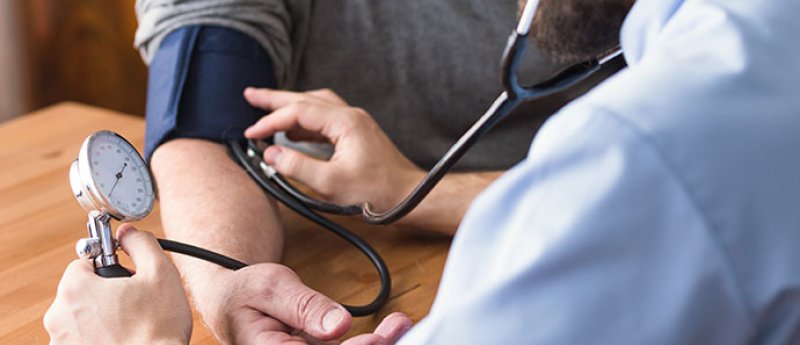
Benjamin Sommers
Harvard T.H. Chan School of Public Health
Benjamin Sommers, MD, PhD, is a professor of health policy and economics at the Harvard T.H. Chan School of Public Health, and professor of medicine at Harvard Medical School. He is a health economist and primary care physician whose main research interests are health policy for vulnerable populations and the health care safety net. He has received numerous awards for his research, including the Health Services Research Impact Award for his work on the Affordable Care Act and the Article-of-the-Year Award from AcademyHealth, as well as the Outstanding Junior Investigator Award from the Society of General Internal Medicine. In 2011-2012, he served as a senior adviser in the Office of the Assistant Secretary for Planning and Evaluation in the U.S. Department of Health and Human Services. His current research projects focus on barriers to health care access among low-income adults, Medicaid policy, and national health reform.
-
Health Care Systems and ServicesComparison of Utilization, Costs, and Quality of Medicaid vs Subsidized Private Health Insurance for Low-Income Adults
In an article recently published in JAMA Network Open, Heidi Allen, Sarah H. Gordon, Dennis Lee, Aditi Bhanja and Benjamin D. Sommers use data from Colorado to compare individuals with similar incomes across coverage types, highlighting the key differences between Medicaid and Marketplace insurance.
January 5, 2021
|Evidence
| -
Employment and WorkplaceConsequences of Work Requirements in Arkansas: Two-Year Impacts on Coverage, Employment, and Affordability of Care
Arkansas implemented Medicaid work requirements in June of 2018. To maintain coverage in the state, adults ages 30-49 were required to work 20 hours a week, participate in “community engagement” activities, or qualify for an exemption. By April 2019, when a federal judge halted the policy, more than 18,000 adults had lost coverage. As an update to research published in 2018, Benjamin D. Sommers, Lucy Chen, Robert J. Blendon, E. John Orav, and Arnold M. Epstein analyzed the policy effects before, during, and after implementation in this Health Affairs brief.
September 8, 2020
|Evidence
| -
Health Care Systems and ServicesAssessment of Perceptions of the Public Charge Rule Among Low-Income Adults in Texas
A recent expansion of the federal “public charge” rule allows the government to deny immigrants permanent residency based on their income or health status or if they participate in programs that did not previously trigger the rule, such as Medicaid or the Supplemental Nutritional Assistance Program [SNAP]. Critics contend that this will dissuade individuals from participating in programs or obtaining medical care. In this JAMA Network Open paper, Benjamin D. Sommers, Heidi Allen, Aditi Bhanja, Robert J. Blendon, John Orav, and Arnold M. Epstein examine perceptions of the new public charge rule and its potential impacts on public program participation and medical care among low-income adults in Texas.
July 15, 2020
|Evidence
| -
 Health Care Systems and ServicesThree Questions about Medicaid As the ACA Turns 10
Health Care Systems and ServicesThree Questions about Medicaid As the ACA Turns 10The Affordable Care Act (ACA), which turns 10 on March 23, dramatically changed Medicaid, making it available to millions of previously ineligible low-income adults. As some states continue to debate whether to expand Medicaid and policymakers propose more far-reaching changes to the program, it is critical to provide timely evidence on how the program is working and what the potential effect of major changes would be.
March 12, 2020
|P4A Spark
| -
Employment and WorkplaceMedicaid Work Requirements: Results from the First Year in Arkansas
In June 2018, Arkansas became the first state to implement work requirements in Medicaid. Benjamin D. Sommers, Anna L. Goldman, Robert J. Blendon, E. John Orav, and Arnold M. Epstein of Harvard University provide the first independent assessment of early changes in beneficiary coverage and employment after the work requirements went into effect.
June 19, 2019
|Evidence
| -
 Health Care Systems and ServicesA New Medicaid Research Hub in a Time of Major Policy Change
Health Care Systems and ServicesA New Medicaid Research Hub in a Time of Major Policy ChangeAcross the country, changes to Medicaid policy are under way. They hold the potential to dramatically alter the landscape of health care for millions of low-income individuals. Meanwhile, the 2018 midterm election results may lead to further Medicaid expansion in five states, three through ballot initiatives (Idaho, Nebraska, and Utah) and two with the election of new governors supportive of expansion, who replace outgoing governors who opposed it (Kansas and Maine). If all five states expand Medicaid, an estimated 500,000 people are expected to gain coverage.
February 12, 2019
|P4A Spark
| -
Employment and WorkplaceHow Will Work Requirements in Medicaid Affect Low-Income Families?
While multiple studies show a positive association between employment status and improved physical and mental health, it is unclear whether this relationship is causal. Building on work in Kentucky, Louisiana, Arkansas, and Texas, the research team will analyze the effects of Medicaid work requirements on coverage rates, access to care, and employment among low-income adults.
November 12, 2018
|Has Evidence
| -
Health Care Systems and ServicesThe Potential Chilling Effects of the Public Charge Rule on Medical Care and Program Participation
In January 2020, the Supreme Court allowed the Department of Homeland Security to implement a new rule regarding the definition of “public charge.” Our team is collecting primary data from two distinct populations to explore awareness of the public charge rule, sources of information about the rule, and how the rule may affect decisions on obtaining medical care and participating in public programs.
November 12, 2018
|Has Evidence
| -
Health Care Systems and ServicesPrivate Insurance versus Medicaid: Health Outcomes for Low-Income Adults
Combining claims data and income eligibility information for low-income adults in Colorado, the research team will investigate the differences in health care utilization, quality, and costs among low-income adults enrolled in Medicaid versus subsidized Marketplace coverage.
November 12, 2018
|Has Evidence
|